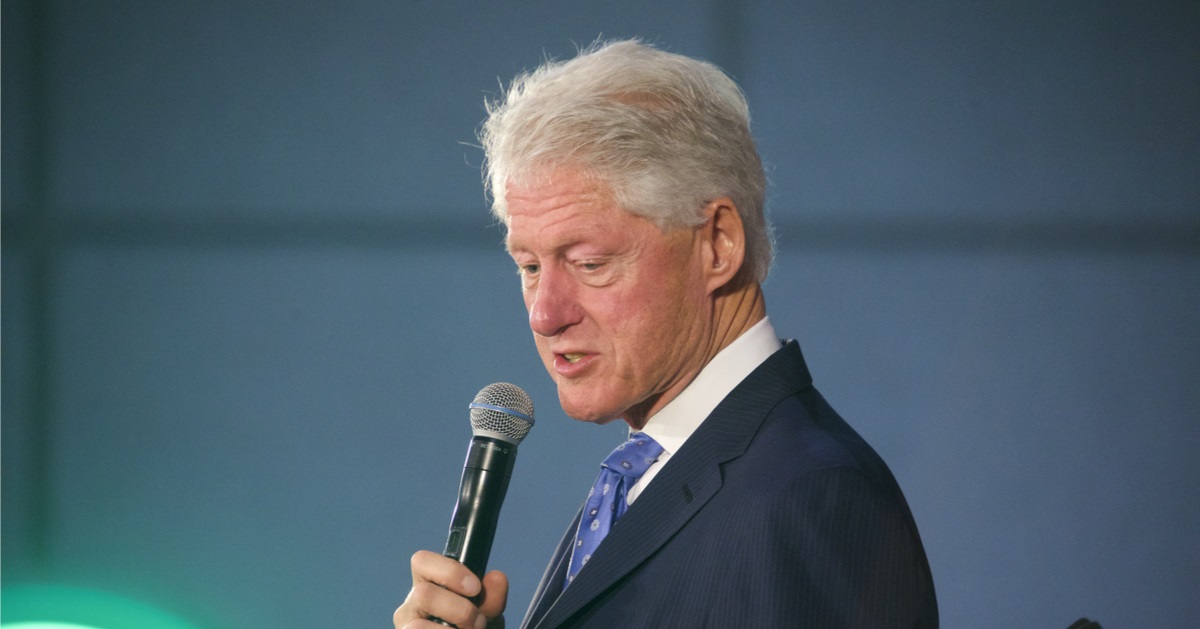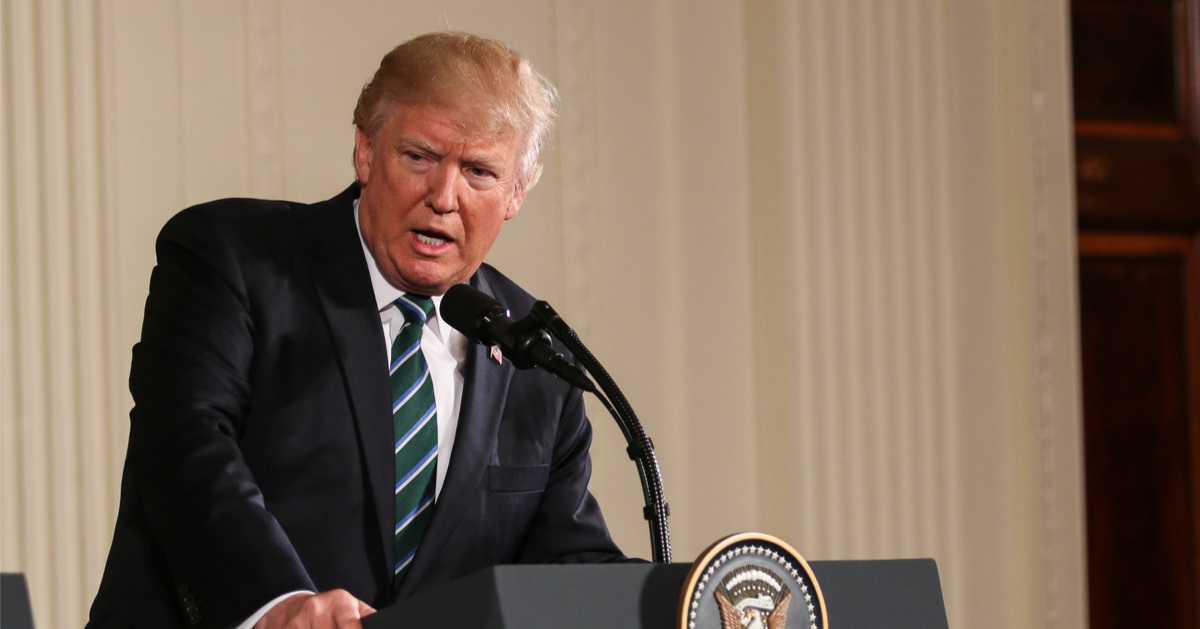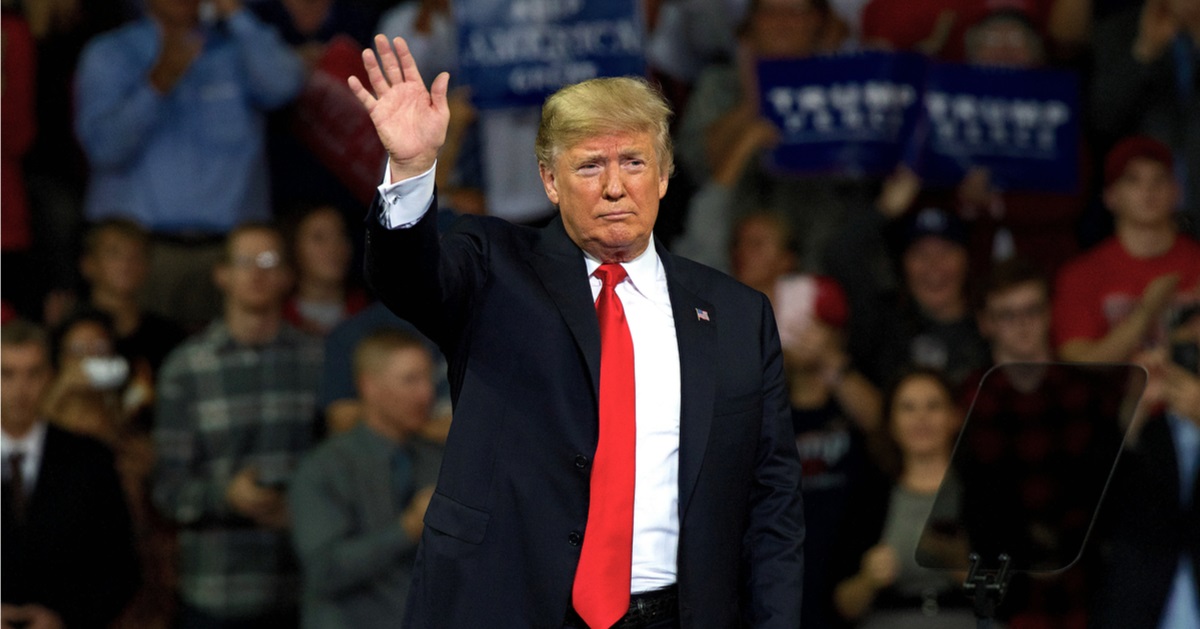Supreme Court allows Trump to withhold spending nearly $4 billion in rescinded foreign aid funds
President Donald Trump just scored another major victory, albeit perhaps a short-lived one, at the Supreme Court this week.
In an apparent 6-3 decision, the high court's majority allowed Trump to withhold and not spend nearly $4 billion in foreign aid that was previously appropriated by Congress, according to Politico.
The ruling is not a final decision, and merely extends a block on a lower court's order that would have forced the administration to spend the frozen funds, but nonetheless gives a strong indication of how the justices might ultimately rule on the dispute.
Trump's "pocket rescissions"
In late August, President Trump announced that he was making use of a rare provision under the 1974 Impoundment Control Act to make so-called "pocket rescissions" of approximately $4 billion in foreign aid that was previously appropriated by Congress to be spent this year.
The withholding of those funds was immediately challenged by a group of plaintiffs who were already suing the administration over other withheld foreign aid funds, and the Biden-appointed jurist overseeing the case, Judge Amir Ali, ordered the administration to spend the rescinded funds before the end of the fiscal year on September 30.
The administration then turned to the Supreme Court with a request for emergency intervention, according to Politico, and argued both that the plaintiffs had no standing to sue over the rescissions as well as that the judge had no jurisdiction to overrule the executive branch's foreign policy decisions.
The court's majority side with Trump
In an unsigned order issued on Friday, the Supreme Court ruled that the administration had made a "sufficient showing" at this early stage that the ICA did not allow the plaintiff groups to sue over the rescissions under the Administrative Procedures Act, and that the harm to the government from the judge's decision outweighed the claimed harms to the plaintiffs if the funds remained unspent.
Notably, however, the court stressed that "This order should not be read as a final determination on the merits. The relief granted by the Court today reflects our preliminary view, consistent with the standards for interim relief."
The Supreme Court's order further noted that the district court's preliminary injunction and order for the rescinded funds to be spent before September 30 would continue to be stayed, or blocked from taking effect, pending further orders from the justices or the disposition of the case and other pending appeals at the lower court levels.
Liberal justices dissent
Unsurprisingly, not all of the justices agreed with that decision, as liberal Justice Elena Kagan, joined by her liberal colleagues Justices Sonia Sotomayor and Ketanji Brown Jackson, penned a fiery dissent, according to SCOTUSblog.
Kagan argued that the actual "effect" of the majority's decision, beyond simply staying the district judge's ruling, was to "prevent the funds from reaching their intended recipients -- not just now but (because of their impending expiration) for all time."
She also warned her conservative-leaning colleagues that they had entered into "uncharted territory" by weighing in preliminarily on a legal dispute over rescissions that hadn't yet been fully addressed by the lower courts.
"And, to repeat," Kagan added, "the stakes are high: At issue is the allocation of power between the Executive and Congress over the expenditure of public monies."
In the end, she decried the expedited timeline of the case "with scant briefing, no oral argument, and no opportunity to deliberate in conference," and asserted that the high court never should have accepted the request for emergency intervention, much less ruled in favor of the Trump administration.





